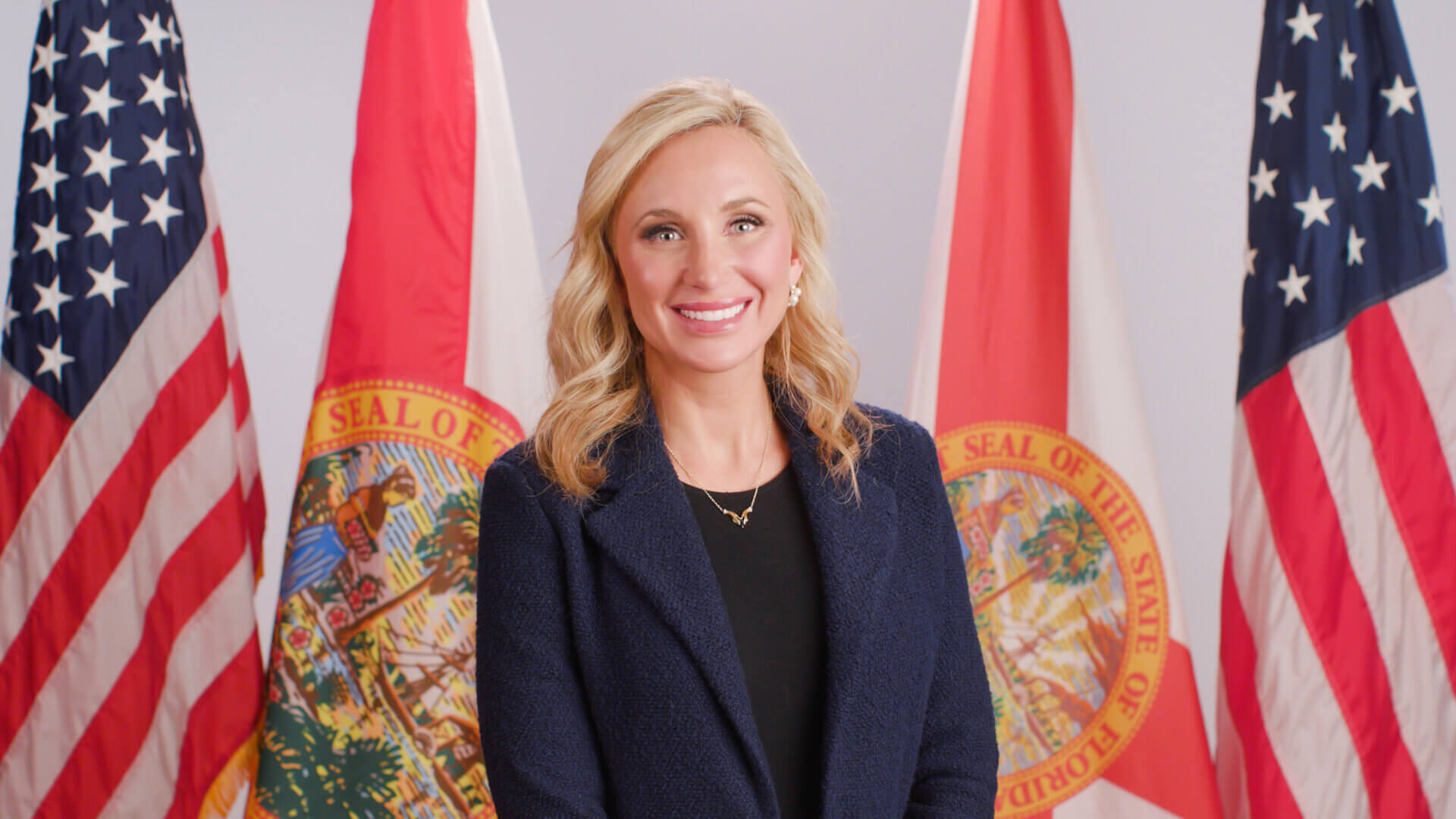The article below was written by Lauren’s Kids Founder and CEO, Lauren Book, and published in the Palm Beach Post on Sunday, August 6. Read the article in its original format here.
Child sexual abuse is an insidious crime that is often hidden in plain sight. Left unnoticed or unreported, the abuse can destroy childhoods and shatter lives – but with early intervention and proper care, victims can and do heal into thriving survivors. For many children, the journey to hope and healing is made possible by a simple call from a caring adult fulfilling their mandated duty to report.
Following recent news of five educators at Palm Beach Central High School being criminally charged for failing to report the suspected sexual abuse of a student, the Palm Beach Post Editoral Board called for school districts to implement greater training and accountability to ensure such failures aren’t repeated. I commend the Post and agree – but it’s important to know that thanks to a 2012 change in Florida law, mandatory reporting requirements apply to everyone in Florida, not just educators.
Here are 5 things Floridians need to know:
- Everyone in Florida is a mandated reporter of known or suspected abuse – with felony penalties for failure to report.
Following the Penn State/Jerry Sandusky abuse scandal which rocked the nation, the Florida Legislature passed the most comprehensive abuse reporting law in the nation – which now makes it a third-degree felony for anyone in our state to fail to report known or suspected abuse, not just specified professionals like teachers or healthcare workers.
- It’s not your job to investigate or know for sure – just to make a report to the Florida Abuse Hotline immediately.
When a child discloses physical or sexual abuse, or we notice signs that abuse may be occuring, it’s not our job to investigate, confront the offender, or anything else – in fact, we should NOT do these things. Instead, we must make an immediate report to the Florida Abuse Hotline so that qualified, responsible authorities may investigate.
Here’s how:
- Call 1-800-96-ABUSE (22873). This toll-free number is available 24/7; counselors are waiting to assist you.
- Report Abuse Online at reportabuse.dcf.state.fl.us
If you are with a child in crisis or imminent danger, call 911 immediately.
- Know the signs – and don’t miss them.
There are many signs a child may be suffering abuse. Here are some things to keep in mind:
- Sudden emotional withdrawal or aggressive/delinquent behavior
- Sexualized behavior
- Nightmares or night terrors
- Displays of irrational fear of certain places, situations or people, or displays a fear of previously enjoyed people and places
- Regression to an earlier stage of development (e.g. bed-wetting or thumb-sucking)
- Child does not want to be around certain adults
- Child suddenly acquires new unexplainable toys, money, clothes
- Child becomes anxious or depressed
- Pain when sitting, riding a bike, or using the restroom
- Unexplained bruises or pain
Learn more about what to look for if a child may be in danger and signs an adult may be grooming or abusing a child at DontMisstheSigns.org.
- Children often suffer in silence. It’s important to be their voice.
Beyond our shared legal obligation, we also have a moral obligation to help a child in need. Did you know that when sexual abuse occurs, 75% of child victims do not disclose abuse within a year? Forty-five percent of victims keep their abuse a secret for at least five years, and many stay silent for decades or never tell. The barriers to a child’s disclosure are many: shame, guilt, fear of not being believed – the list goes on. When a victim finds his or her voice, we must also find the courage to help that child in need by making a report.
- If a child discloses to you, stay calm and reassuring.
When a victim of abuse entrusts any of us with such painful information, the next move can make every difference in that person’s life. As a survivor, I understand this firsthand. Here are some tips for what to do if a child discloses abuse:
- Don’t promise to keep it a secret. Instead, say you’ll need to tell some people who help protect children.
- Tell the child, “I’m really glad you told me,” “thank you for trusting me and being so brave,” and “it’s not your fault.”
- Control your own emotions and do not react with shock, fear, or anger.
- Make a report immediately.
To anyone suffering in silence: it’s ok to tell – and it’s okay to heal. You will not walk this path alone. Services to heal are free, and you will be heard and believed. And to caring individuals in South Florida and across the state – thank you for taking your obligation to report known or suspected abuse seriously.
For us, it’s just a call. For a child, that call may be everything.
Senator Lauren Book is the Democratic Leader of the Florida Senate, Founder and CEO of the Lauren’s Kids Foundation, an author, child advocate, and one of the 42 million survivors of childhood sexual abuse living in the U.S. today. Lauren founded Lauren’s Kids as a vehicle to prevent childhood sexual abuse and help other survivors heal, and worked with the Florida Legislature to propose and advocate for the successful passage of our state’s mandatory reporting law. Learn more at LaurensKids.org.

